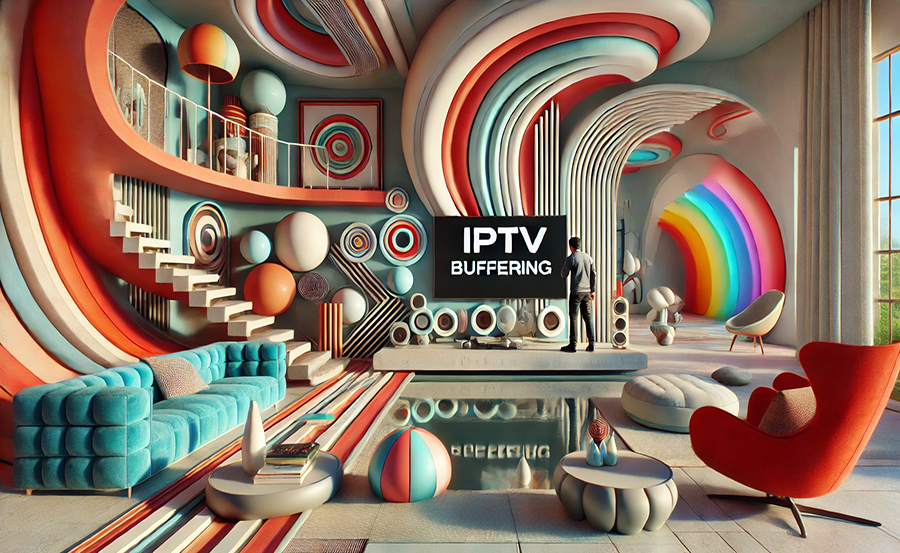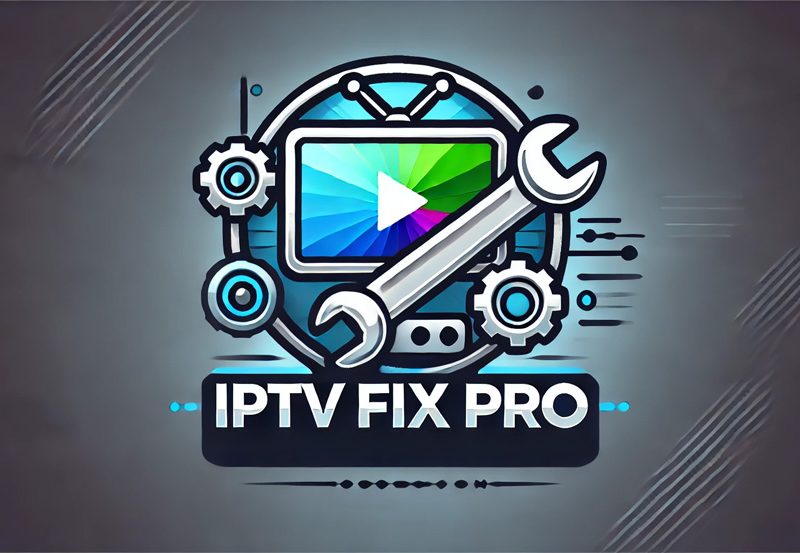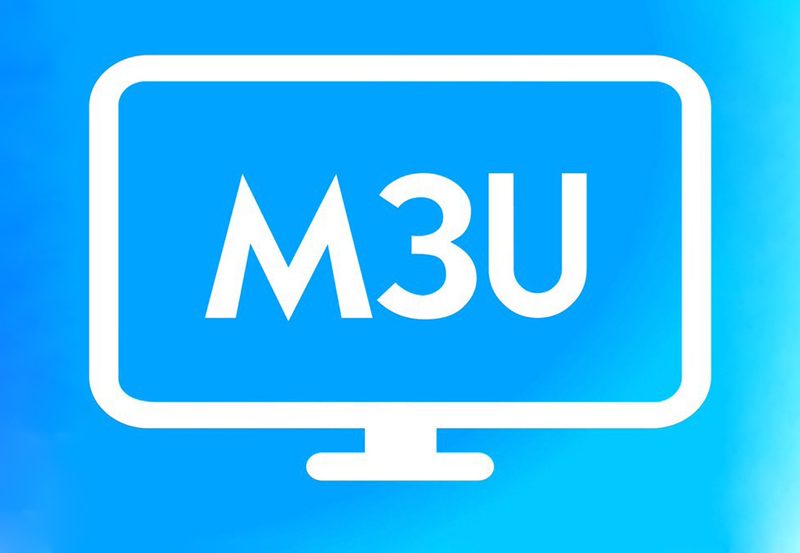In today’s fast-paced digital landscape, seamless streaming has become a necessity for entertainment enthusiasts worldwide. When you’re engrossed in your favorite movie or sports event, the last thing you want is annoying interruptions. Unfortunately, buffering is a common issue that disrupts the IPTV experience, leaving viewers frustrated. But what if there were ways to minimize or even eliminate these interruptions? In this article, we’ll explore practical solutions to combat IPTV buffering, ensuring an enjoyable viewing experience. Buy 1 Year IPTV Subscription and Enjoy Unlimited Content
Understanding IPTV Buffering: What’s Going On?
Before diving into solutions, it’s essential to understand why buffering occurs. IPTV, or Internet Protocol Television, allows users to stream content via the Internet. Unlike traditional broadcast methods, it requires a stable internet connection to deliver a continuous stream of data.
Buffering happens when the video stream fails to download as fast as it plays. This might be due to bandwidth limitations, server issues, or your device’s capacity to process data. Having a grasp of these factors is the first step in addressing the issue.
The Role of Internet Speed in IPTV Buffering
Evaluating Your Current Internet Speed
One of the primary culprits of buffering is inadequate internet speed. To enjoy IPTV featuring movies and series, your connection must support the data rate required for streaming. A quick internet speed test can reveal whether your connection meets the necessary bandwidth requirements.
If your speed test results show a lesser speed than needed, contacting your ISP about possible upgrades is advisable. Many users find that simply improving their internet package results in a significant reduction in buffering issues.
Internet Plan: Do You Need an Upgrade?
Most premium IPTV services recommend a minimum speed of 25 Mbps for HD content. For 4K streams, higher speeds might be needed. If your current plan falls short, consider upgrading to a higher-tier offering. But don’t just stop there—there are more optimizations available that go beyond simply getting a faster internet plan.
Optimizing Your Home Network for Better Streaming
Positioning and Configuring Your Router
Sometimes, the issue isn’t with your internet service but your home network setup. Many users overlook the importance of router placement. Ensure your router is central and elevated within your home to broadcast signals more effectively. Walls and physical barriers can impede Wi-Fi signal strength, leading to buffering.
Make use of the 5 GHz frequency band for your IPTV devices if possible. This band is less congested and can offer faster data rates compared to the 2.4 GHz band.
Wireless vs. Ethernet: Choosing the Right Connection
For a more reliable streaming experience, opt for an Ethernet connection over Wi-Fi. A direct line to your router eliminates many potential signal interferences, providing a stable connection. This can be essential for enjoying IPTV better, especially when using premium IPTV services that require high data rates.
While Ethernet offers significant benefits, not all setups allow for wired connections. If your device must rely on Wi-Fi, consider investing in a Wi-Fi extender or mesh network system to enhance coverage.
Device and Application Settings: Stream Smarter, Not Harder
Keeping Your Streaming Device Updated
Consistent updates to your streaming device and applications ensure compatibility and optimize performance. Outdated software may result in compatibility issues with IPTV services, leading to unnecessary buffering.
Regularly check for updates on both your device and the IPTV app. Enabling automatic updates can save you time and ensure your system has the latest performance improvements.
Optimizing App Settings for Smooth Streaming
Many IPTV applications offer settings to adjust video quality. Lowering the quality from 4K to 1080p or from 1080p to 720p can reduce buffering if your connection struggles with higher resolutions.
Some apps allow you to buffer more content ahead of time. Adjusting these settings, if available, can provide a smoother experience by pre-loading more of your stream.
Exploring Alternative Streaming Options
On-Demand vs. Live IPTV Streaming
Live streaming often requires more bandwidth, and any network congestion can quickly result in buffering. If buffering remains an issue, consider shifting to on-demand content where possible. These streams generally allow for more efficient data management.
On-demand viewing does not require real-time data transmission, often leading to a more reliable experience compared to live IPTV shows and events.
Considering Different IPTV Providers
If buffering persists despite efforts to optimize your experience, it might be time to evaluate your IPTV provider. Not all services are created equal, and some may not manage server loads efficiently.
Look for premium IPTV providers that guarantee stable services and minimal interruptions. Research user reviews and seek recommendations to find trustworthy providers who prioritize service quality.
Conclusion: Mastering the Art of Enjoyable Streaming
Buffering doesn’t have to be a necessary evil in the world of IPTV. By understanding your network, enhancing your internet setup, and making wise choices about devices and streaming services, you can substantially enhance your viewing experience. It’s about being proactive and keeping informed on the best practices and tools available to combat buffering effectively.
Each improvement you make—no matter how small—contributes to a smoother, more enjoyable IPTV experience. As technology evolves, so do the opportunities to improve streaming quality, keeping your entertainment uninterrupted.
Frequently Asked Questions (FAQ)

Why does my IPTV keep buffering?
Buffering often results from insufficient internet speed, inadequate router placement, or high network congestion. Optimizing these factors can help reduce interruptions.
Can a VPN improve my IPTV experience?
Yes, using a VPN can sometimes improve streaming quality by bypassing throttling from ISPs. Ensure you choose a reputable VPN with adequate speed for streaming.
Are there specific routers designed for IPTV?
Certain routers are optimized for streaming, offering features like Quality of Service (QoS) settings that prioritize media applications. These can enhance your IPTV experience.
What speed do I need for 4K IPTV streaming?
For 4K streaming, a minimum of 25 Mbps is generally recommended, although 50 Mbps or higher provides more buffer-free reliability, particularly during peak times.
How do I contact my ISP for an upgrade?
Reach out to your ISP’s customer service through their website, phone, or mobile app. They can guide you through available upgrade options to improve your IPTV service quality.
Amazon FireStick Apps: The Best Streaming Apps to Install





